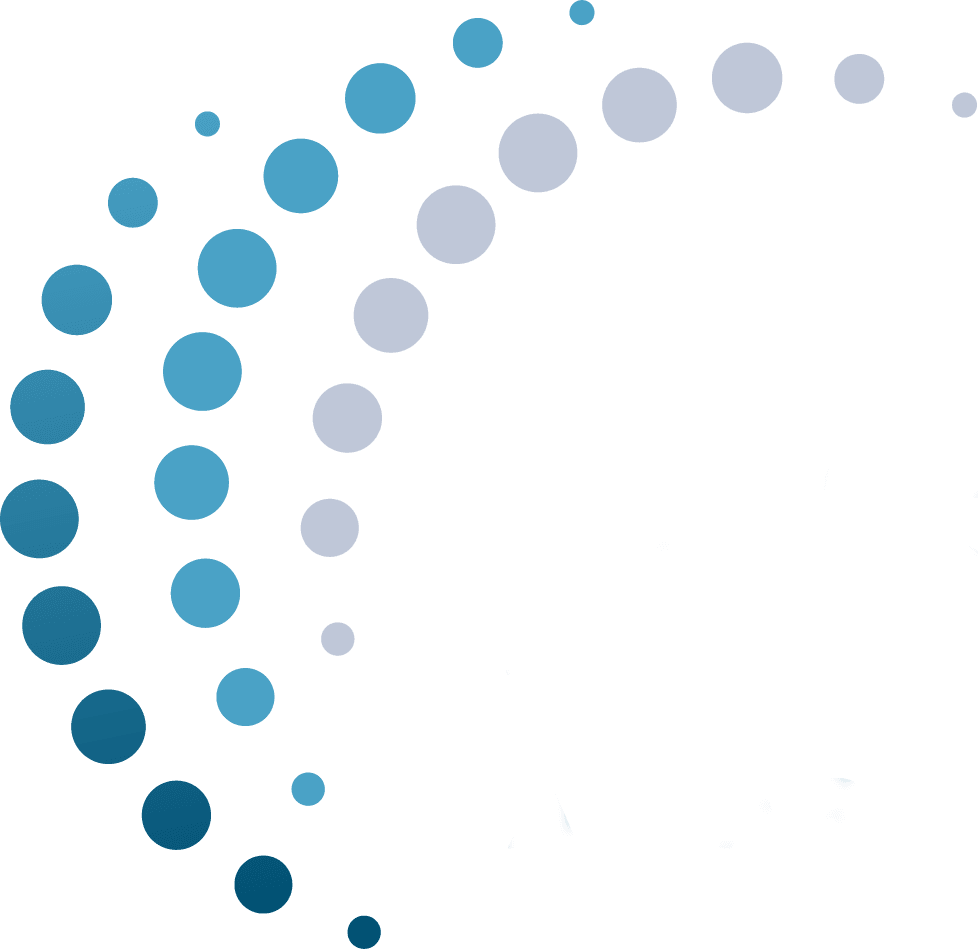
Global Genes: Improving the Path to Diagnosis and Treatment for Individuals Living with Rare Disease
With more than 10,000 rare diseases, Global Genes focuses on advancing innovation and overcoming challenges.

Global Genes is a growing international non-profit organization dedicated to advancing innovation and overcoming challenges for the more than 400 million people worldwide affected by rare disease. They are committed to helping patients at many levels: find and build communities, gain access to information and resources, connect to researchers, clinicians, industry, government, and other stakeholders, share data and experiences, and become effective advocates and drivers of progress on their own behalf.
There are now more than 10,000 rare diseases—a number that grows by 100+ every year – 95% of which have no approved treatments. Global Genes focuses on addressing critical gaps and unmet needs. They help every stakeholder in rare disease, from patients and caregivers to organizations, empowering and connecting people and providing tools, services, and resources for every stage of their journey.
Craig Martin, CEO, Global Genes, says, “Our role is to find ways to collaborate with communities, patients, caregivers, and others to create opportunities for meaningful progress. Our focus is on capacity building and enablement, with the goal of measurable impact and progress toward better and more inclusive access to diagnoses, care, support, and treatments.”
Serving the Underserved
Rare disease patients are by their nature already underserved. Although collectively rare diseases impact 1 in 10 Americans, for example, some rare conditions may affect only a handful of patients, or just a few hundred in a population of hundreds of millions. On average, it takes 5-7 years just to get to a diagnosis. More than 50 percent of rare disease patients are children, and a third of those won’t live to see their 5th birthday.
The challenges of rare disease are often even more daunting for rare disease patients from communities of color and other minoritized populations. Bias, mistrust, a lack of access to testing and treatments, and other barriers can lead to additional delays in diagnosis, under-representation in clinical trials, and disproportionately worse outcomes and experiences.
Global Genes works in partnership with other organizations like the Rare Disease Diversity Coalition to create programs designed to address inequities and gaps affecting rare disease patients. One such program focuses on encouraging people from communities of color to know their family’s health history, building trust and awareness about the importance of genetic testing in identifying conditions that may impact families, and making testing, sequencing, and genetic counseling more available to families that may have rare conditions.
The group also has adopted an approach that is designed to ensure that equity, diversity, and inclusion aren’t treated as separate initiatives, but rather are inherent in every program. As an example, Global Genes launched a program more than five years ago called “RARE Compassion Program,” which pairs medical students with rare disease families to educate students about the experiences of a rare disease patient, understanding signs and symptoms, and to inspire them to pursue careers in relevant specialty areas. Over the past two years, RARE Compassion has put particular emphasis on ensuing greater participation from families and students from communities of color and has more than doubled participation in the program year over year.
Remaining Challenges
Many challenges remain to be addressed in rare disease.
Despite huge advancements in sequencing technology and testing, and increased adoption of more comprehensive newborn screening, diagnostic odysseys remain frustratingly long.
While a significant percentage of the hundreds of advanced regenerative medicines (e.g., gene therapies) in clinical trials are being investigated for rare disease indications, downturns in biotech markets have significantly impacted access to financing and halted development programs, particularly for ultra-rare conditions and for potential treatments in earlier stages of clinical research.
Policy based incentives that have been largely responsible for driving investment and research in rare disease and making orphan drug development attractive to biopharma companies and VCs, are now also threatened. If expedited approval pathways, tax incentives, priority review vouchers and hallmark U.S. incentives expire or are eliminated, we will likely see the reversal of a decade or more of progress.
In response to these challenges, Global Genes is preparing to launch a couple of new initiatives.
The RARE Entrepreneurial Development & Incubation (REDI) initiative designed to prepare, mentor, and provide resources and access to expertise that will help more patient-led entrepreneurial drug development efforts lead to approved and commercially available treatments.
The Patient Identification, Inclusion and Engagement for Rare CNS Disorders (PIE4CNS) initiative, designed to address critical barriers to diagnosis, patient identification for trials and access to treatment for rare neurological conditions (which represent close to half of all rare diseases). The program includes a genetic testing and counseling program to enable more comprehensive and rapid diagnosis of rare CNS conditions.
“The needs, burdens and costs out there for rare disease families and organizations are huge –on par with COVID-19, collectively,” Martin adds. “Yet we have access only to a relatively tiny fraction of the resources and collaborative global commitment needed to drive progress. But the rare disease community is resilient, creative, and determined, and I remain optimistic we will find ways to innovate around the challenges and continue to generate momentum and progress with and for our community.”

About Craig Martin, CEO, Global Genes
Craig’s focus is on helping to advance innovation and treatment in rare disease and related areas of high unmet need. He has more than 30 years of experience working with innovative biotech, health tech, digital health, healthcare, and wellness companies to help prepare, advance and transform markets based on newly available technologies and treatments.